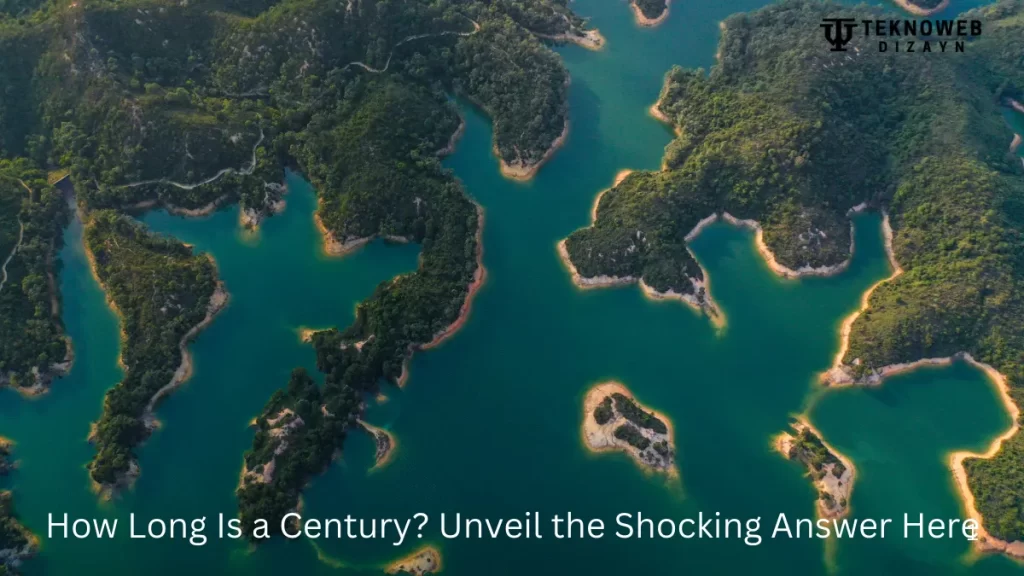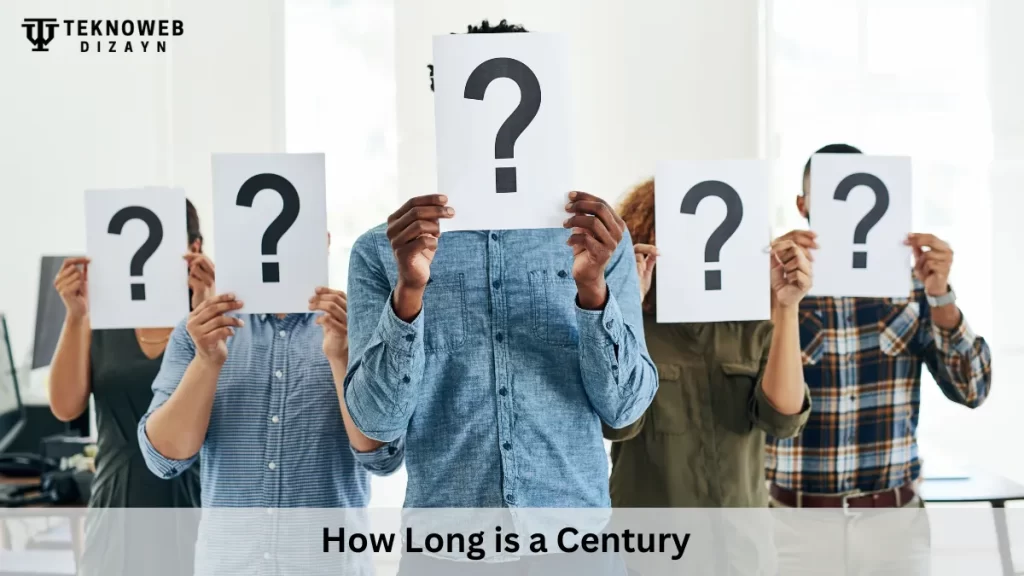Table of Contents
Have you ever wondered, how long is a century? Although it appears to be a simple inquiry, there is more to it than meets the eye. A century isn’t just a number; it’s a way to measure time that holds significance in history, culture, and our daily lives. In this article, we’ll break down exactly what a century is, why it’s essential, and maybe even surprise you with a few fascinating facts. Keep reading to find out if you genuinely understand the length of a century.
What Exactly Is a Century?

Let’s start with a simple definition to answer how long a century is. A century is a period of 100 years. It’s a term we often hear when talking about history, like “the 20th century” or “the century of great inventions.” But why 100 years? This timespan became popular because it divides history into manageable blocks. When you think about it, grouping time by centuries helps us make sense of our past, present, and future.
Breaking Down a Century: Year by Year
So, how long is a century in a way that’s easy to grasp? Imagine counting each year from one to one hundred. Starting from year 1 to year 100, you get an entire century. After that, a new century begins. For instance, the year 1900 marked the end of the 19th century, and the year 2000 marked the end of the 20th century. Each new century starts with a year ending in “01” and ends with a year ending in “00.” This helps us label and identify periods in history.
Also Read: How Can the Second Empire Style Be Characterized? Unveil Its Lavish Secrets
How Centuries Shape Our View of Time
Understanding how long a century is helps us see history differently. Each century’s inventions, trends, and events make it unique. For example, the 19th century saw the Industrial Revolution, while the 20th century introduced the internet. Thinking about centuries helps us better understand how our world has changed over time. This way of viewing time allows us to make connections and learn from the past.
Why Does a Century Feel So Long?
If you’re wondering how long a century is and why it feels like an enormous amount of time, here’s the answer. A century holds a lifetime of experiences, stories, and transformations. For many, 100 years is longer than a human lifespan, so it feels so vast. Imagine everything that could happen in one hundred years: from technological advancements to cultural shifts, a century encompasses countless changes. This is what makes it feel so significant.
Is a Century Always 100 Years?
Now, here’s something interesting. How long is a century if we think outside the box? While a century is typically 100 years, some cultures and traditions measure time differently. For example, in the ancient Roman calendar, a century could sometimes refer to a group of soldiers rather than a period. Additionally, some historical records might count years differently due to different calendars, like the Julian or Gregorian calendars. However, in modern times, a century universally means 100 years.
Also Read: An Organism That Makes Its Own Food Through Photosynthesis
Fun Facts About Centuries
Let’s dive into some fun facts that make the concept of a century even more fascinating:
- The “Short” and “Long” Centuries: Did you know some historians refer to the “long 19th century”? They stretch it from the French Revolution in 1789 to the start of World War I in 1914. Meanwhile, the “short 20th century” runs from 1914 to the collapse of the Soviet Union in 1991. It’s a unique way historians look at eras.
- Centuries and Generations: A century usually spans about four to five generations. This means that stories, values, and lessons can be passed down over a century, connecting people across time.
- Century Celebrations: Reaching a century mark is a big deal! Many cities, buildings and even people (like centenarians) celebrate their 100-year mark. It’s a rare and meaningful milestone.
Why Knowing How Long a Century Is Matters

So, why is it important to know how long is a century? Understanding this period helps us appreciate the flow of history and puts our own lives into perspective. Thinking about centuries allows us to see patterns, learn from past mistakes, and celebrate human progress. It also reminds us of the legacy we leave behind for future generations. When we grasp the length and impact of a century, we gain a deeper understanding of where we come from and where we might be headed.
Also Read: How Long Is a Century? Unveil the Shocking Answer Here
Common Misconceptions About Centuries
Many people get confused about how long a century is because of how we refer to historical periods. For instance, the “20th century” refers to the 1900s, not the 2000s. The confusion arises because we’re always “one century ahead” in terms of numbering. Knowing this simple fact can help clear up common misunderstandings and make it easier to discuss history accurately.
Understanding the length of a century not only helps us make sense of history but also inspires us to think about the impact of time on our lives. Now that you know the answer, you can look at centuries with fresh eyes, recognizing the importance they hold. After all, a century isn’t just a measure of time—it’s a chapter in the story of our world.




